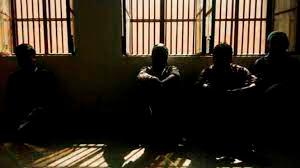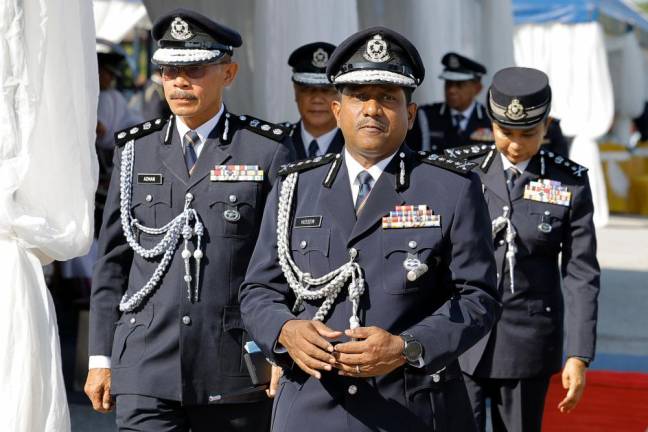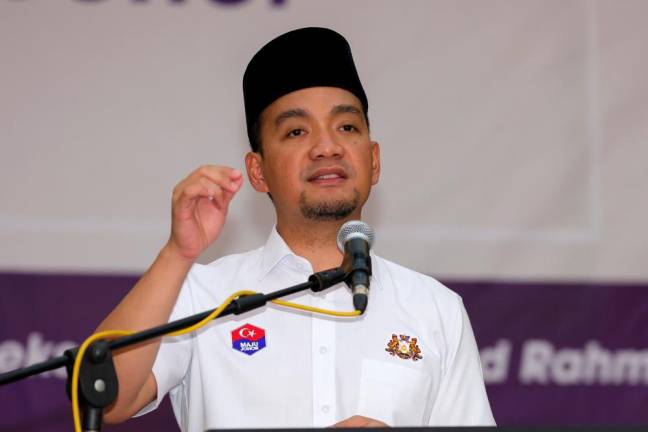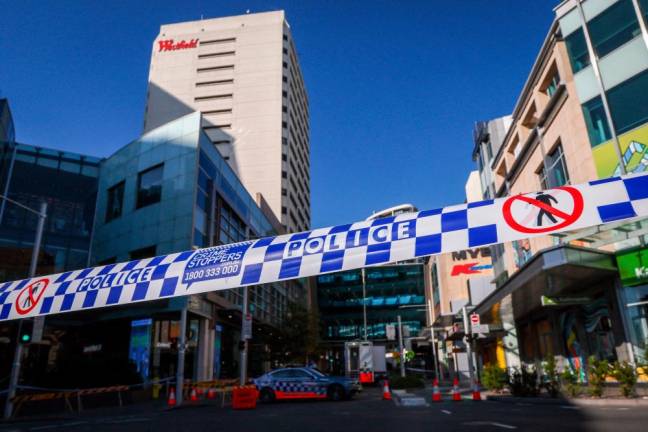KUALA LUMPUR: The lack of education among the victims is one of the challenges and difficulties faced by the Attorney General's Chambers (AGC) in resolving cases involving human trafficking.
“As such, they become easy victims of fraud through the content of the contract agreement with employers, with regards to their salary and the like. In fact, some victims do not know whether they had entered the country legally or not,“ AGC General Crimes and Public Order Unit head, Datuk Yusaini Amer Abdul Karim said yesterday.
In an interview titled 'Cabaran Pendakwaan Terhadap Pesalah dan Sokongan Kepada Mangsa Pemerdagangan Orang (Challenges Facing the Prosecution of Offenders and Support to Victims of Human Trafficking) on Bernama Radio today, Yusaini Amer said legal action against the accused in such cases would come to a dead end when victims refused to testify or gave contradictory evidence.
“This happens because victims are often told not to trust the authorities apart from receiving various threats against themselves, family or closed acquaintances,“ he said.
To counter this outside influence, victims of human trafficking are given protection at shelters funded by the government or non-governmental organisations where their welfare is taken care of during the period they testify in court and subsequently deported to their country of origin.
Victims can also be safeguarded under the Witness Protection Programme if there is a threat to life or their case involves criminal acts by a syndicate.
Yusaini Amer said programmes under the Witness Protection Act 2009 where they are placed elsewhere under the care of these authorities usually involved locals.
“There are also situations where their identities will be changed so that they cannot be detected by the syndicate that is looking for them in order to thwart prosecution of cases,“ he said. -Bernama













